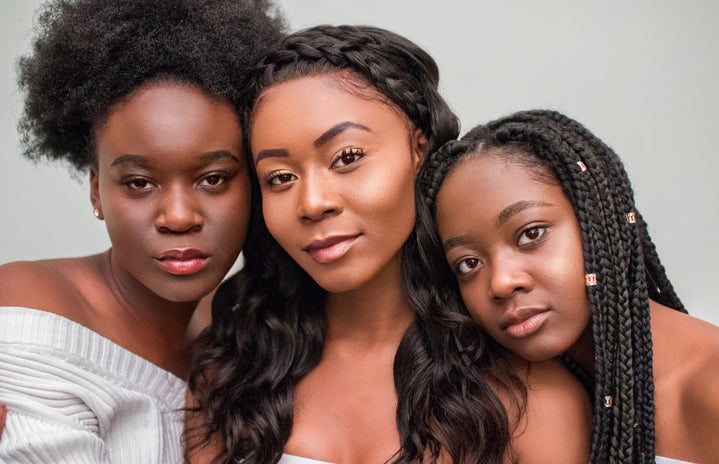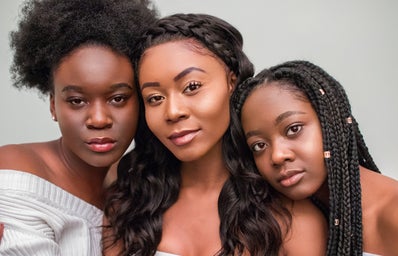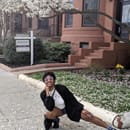Language has evolved rapidly since the start of the century. In 2019, the most-used slang terms were “tea,” “snatched,” and “ratchet.” What do all of these slang terms have in common? They originated from black culture.
In honor of Black History Month, let’s acknowledge our privileges and stop using AAVE (African-American Vernacular English) to sound funny and trendy. Quite frankly, it makes you sound ignorant. Courtney from the suburbs of Denver isn’t “finna” do anything, and WASP-y Becca from Cambridge, Massachusetts shouldn’t be calling anyone or anything “ratchet” or “ghetto.”
There’s something insulting about whites and non-black POC’s (People of Color) using AAVE. AAVE is routinely mocked in the white-dominated professional world. We as black people have to code-switch constantly in white spaces, from interacting with our co-workers at the office to interacting with our peers in an academic setting (especially at PWI’s, which are Predominantly White Institutions). When black people talk in AAVE, we are stereotyped as unintelligent and inarticulate, but when white people mimic our language it turns into a trendy word of the month.
Most of AAVE originates from the South. It’s a dialect of English that was born out of slavery; slave owners intentionally isolated the slaves from their native West African language in fear of them revolutionizing. Since then, AAVE has been popularized into mainstream slang mostly by the black LGBTQ+ community, as well as black women.
I’m not saying to stop using words that come from AAVE completely; I’m telling people to be more mindful of what they’re actually saying. Recognize the hundreds of years of oppression and stigma that black Americans have faced for every part of our identity. Check yourself for privilege, because you may have never had to experience the complete ridicule of language and culture that we have.
Be respectful, and really think before you speak.
Want to keep up with HCBU? Make sure to like us on Facebook, follow us on Instagram, check out our Pinterest board, and read our latest Tweets!





